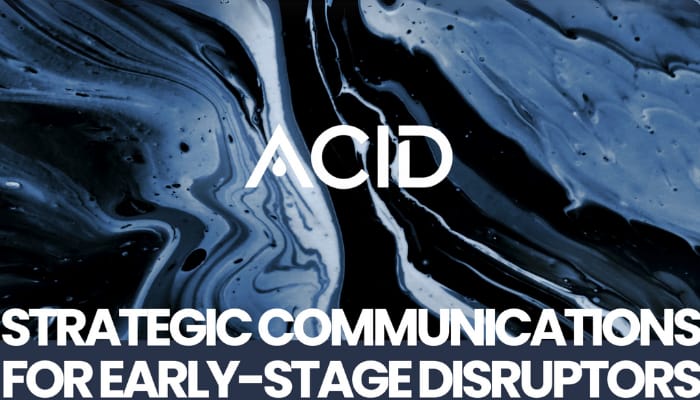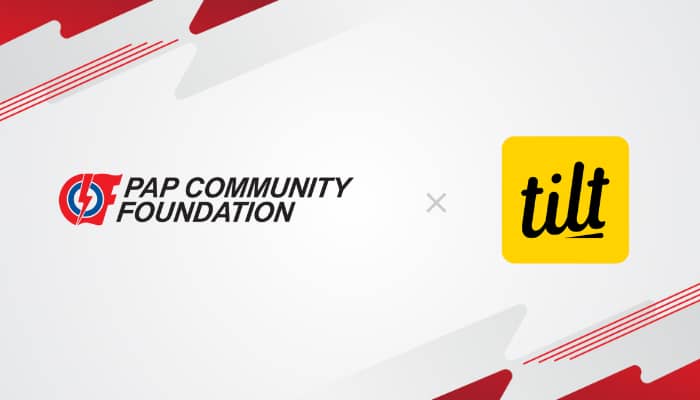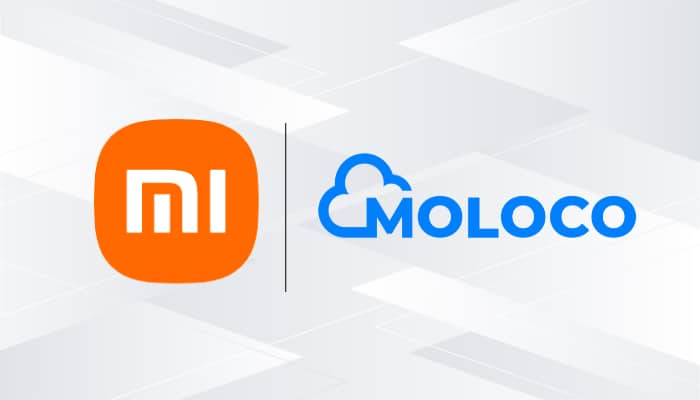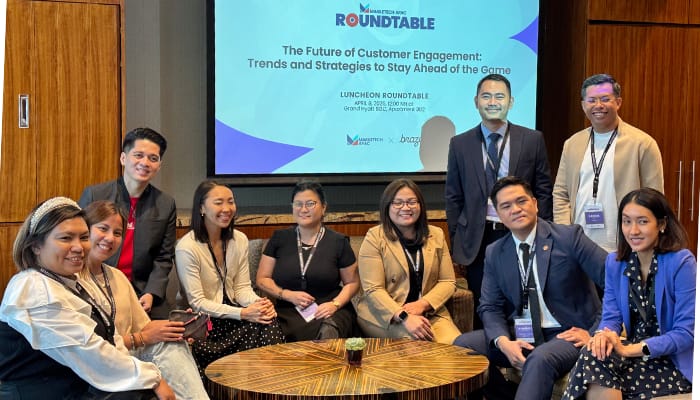While the importance of a financial safety net is recognised globally, many Filipinos remain reluctant to engage with formal insurance solutions. This hesitation often stems from deeply rooted factors, including perceived high costs and a lack of understanding about policy benefits.
Modern insurance marketing now demands a strategic blend of technology and culture to truly connect with individuals on a deeper level.
In an exclusive interview with Franchette Chingcuanco-Cardona, the recently appointed chief marketing officer at Singlife Philippines, she shares how she aims to engage more Filipinos with financial planning, enabling them to access relevant financial solutions.
Digital-first, customer-centric approach
At Singlife Philippines, the company’s core purpose is to empower Filipinos on their journey toward financial independence. This mission guides its strategic approach to redefine how individuals engage with financial planning. Chingcuanco-Cardona emphasises this commitment in her new role.
“My focus as CMO is to bring this to life by strengthening our digital-first, customer-centric approach. This means simplifying how we communicate complex financial solutions, making our products relevant to real, everyday needs, and leveraging mobile and data-led platforms to personalise our messaging,” she said.
To achieve this, Singlife Philippines is committed to prioritising customer education through clear and accessible information. They will also focus on storytelling that resonates with Filipino values, aiming to connect with customers on a deeper and more personal level.
“From scaling fintech startups to building consumer brands, I’ve learned how to combine purpose-led storytelling with performance marketing. I’m bringing those insights to Singlife by building a brand that doesn’t just sell products — we offer financial empowerment,” Chingcuanco-Cardona said.
Her philosophy is rooted in a fundamental principle. She said, “Across my career in fintech and financial services, one thing remains true: trust is earned through consistency, simplicity, and relevance.”
Breaking misconceptions
A significant hurdle for Singlife Philippines is to dismantle long-held misconceptions about insurance. Chingcuanco-Cardona highlights how the misconceptions that insurance is complicated and expensive are key challenges for the company.
“Many Filipinos remain underserved or uninsured, not due to lack of need, but due to lack of understanding and trust. We will address this through consistent, values-based communications and developing solutions that cater to the needs and budget of Filipinos.”
Another formidable challenge is to distinguish themselves amidst a crowded digital landscape. Singlife Philippines intends to address this by strategically leveraging performance marketing and creating compelling content that resonates with its audience.
“We’ll navigate this by leveraging performance marketing, and content that meets people where they are — on their phones, in their language, and aligned with their priorities,” she said.
“More importantly, we’re committed to designing solutions rooted in real consumer insight — not just selling insurance, but creating products that genuinely solve everyday financial challenges,” she added.
Chingcuanco-Cardona shares how Singlife recently launched the ‘Protect From Funeral Costs’ product, which provides loved ones with a guaranteed cash benefit, ensuring financial support during difficult times.
Revolutionising insurance marketing
At Singlife, the belief is that people should not just purchase insurance; they should genuinely experience its value in their daily lives. This conviction drives Singlife to design solutions that are easy to understand, highly relevant, and immediately usable.
“We need to stop marketing insurance as just a product and start positioning it as an enabler of real-life goals and security. It’s about creating experiences, not transactions,” Chingcuanco-Cardona said.
With the goal of providing customers with instant peace of mind and a tangible sense of financial control through Singlife’s offerings, Chingcuanco-Cardona shares how she aims to leverage her local culture insights to revolutionise customer engagement.
“To truly revolutionise engagement, insurance companies must deeply understand Filipino culture, behaviour, and digital habits. Filipinos are mobile-first, community-oriented, and increasingly driven by content. This means marketing efforts need to speak their language — both literally and culturally — through authentic, localised, and socially driven campaigns,” she said.
This understanding, along with the extended reach and distribution enabled by the Singlife Plan and Protect App, sets the company apart. The app has transformed how insurance is delivered to customers, making it more accessible and convenient.
Looking ahead, Chingcuanco-Cardona envisions a future where insurance marketing is seamlessly integrated.
“The future of marketing in insurance lies in being truly integrated — combining digital precision with emotional connection. I see a shift toward real-time, data-driven engagement that’s still deeply human at its core,” she said.
“At Singlife, we’ll lead by example: using our tech backbone to serve the right message at the right time, while building a brand that stands for trust, empowerment, and progress. Marketing won’t just support the business — it will drive it by helping people see insurance not as an obligation, but as an act of self-care and love for their future,” she concluded.
By embracing a digital-first and customer-centric approach, Chingcuanco-Cardona is ensuring that Singlife Philippines is culturally attuned to the Filipino consumer. Setting a new standard through its marketing efforts, it embodies how insurance can empower individuals and foster a future where financial independence is an accessible reality.










